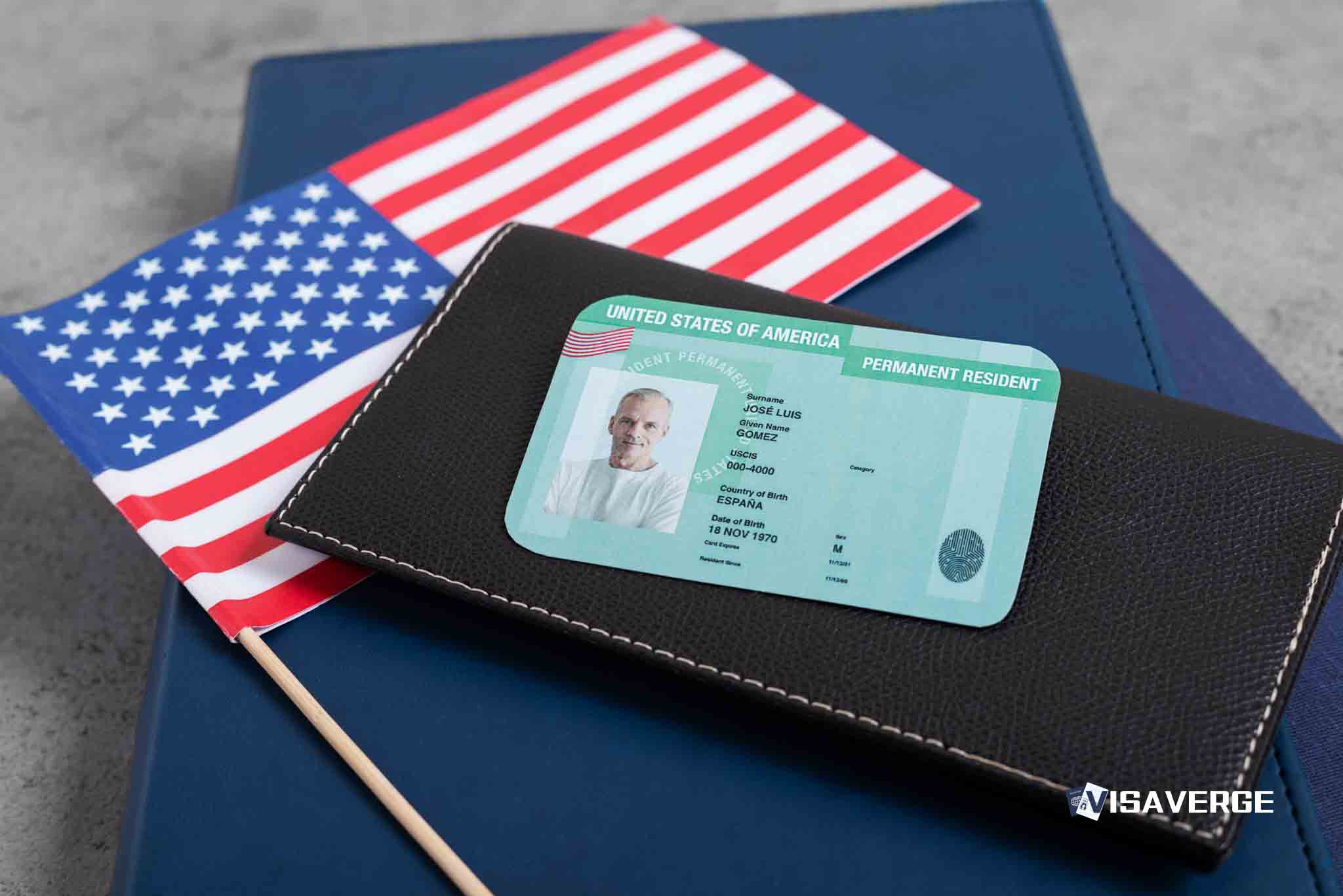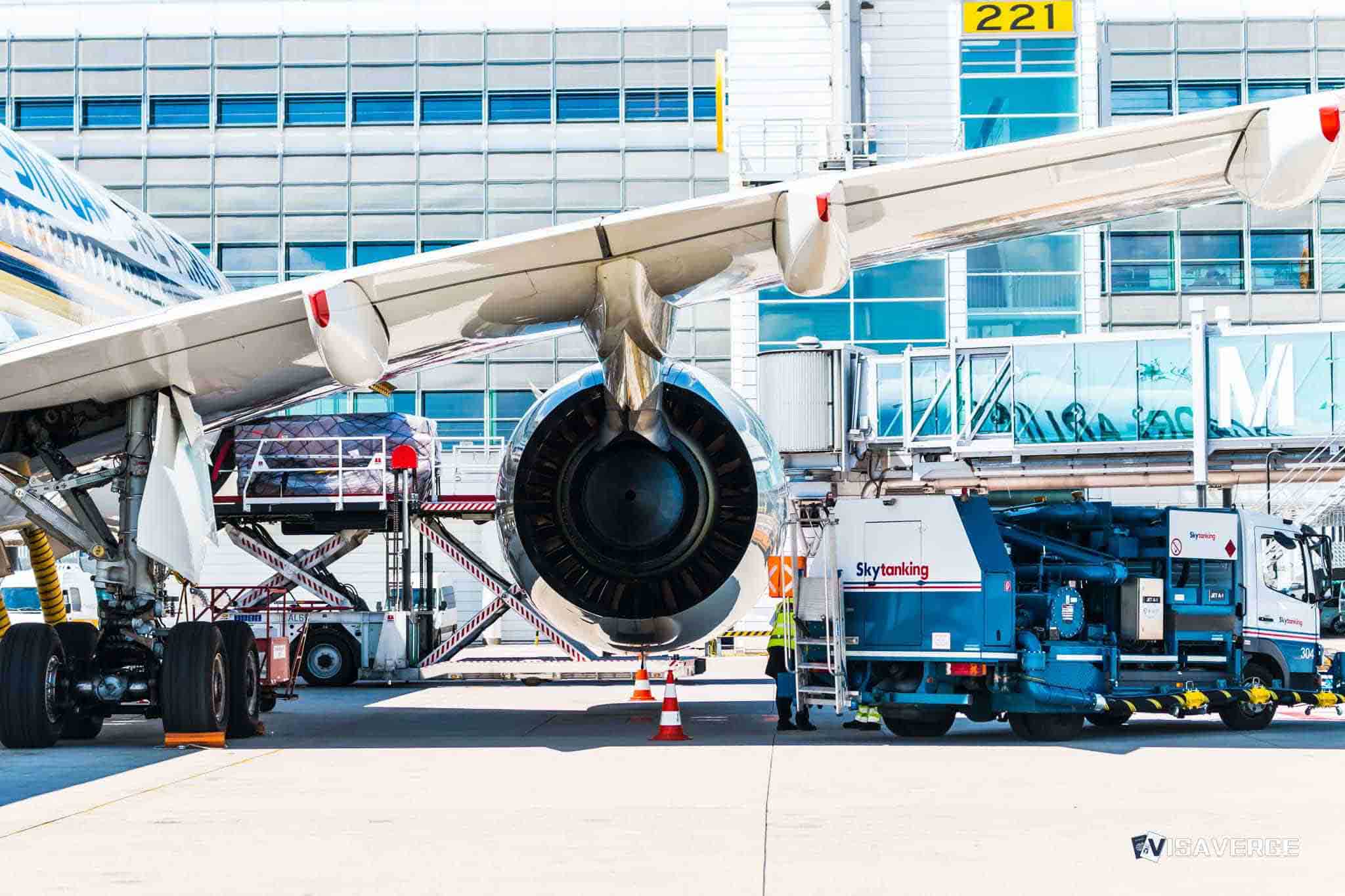Understanding the Impact of Future Employment Offer Withdrawal on Your I-140 Petition
When you’re navigating the path to getting an employment-based visa in the United States, the I-140 petition is a critical step. Essentially, it’s the form your prospective employer submits to the U.S. Citizenship and Immigration Services (USCIS) to start the process. But what happens if your future job offer—the very foundation of this petition—is suddenly taken off the table? Many individuals find this situation causing a cloud of uncertainty over their immigration status.
The Basics of the I-140 Petition
Before delving into the complexities of a job offer withdrawal, it’s important to understand what an I-140 petition entails. This petition, formally known as the Immigrant Petition for Alien Worker, is a request filed by an employer for a foreign employee to come and work in the United States permanently.
What if the Job Offer is Withdrawn?
Here’s the concern: if the job offer that your I-140 petition is predicated on gets retracted, it can dramatically affect your immigration journey. Let’s take a closer look at the implications:
- If the withdrawal occurs before I-140 approval: Unfortunately, if the employer withdraws the job offer before the I-140 petition is approved by USCIS, the petition will likely be denied. Without the backing of a job offer and employer, the foundation of the petition collapses.

- If the withdrawal happens after I-140 approval but before visa issuance or adjustment of status: The effects can be complicated. While the approved I-140 does indicate a step forward in your journey, the retraction of the job offer raises questions about the purpose of your visa. According to USCIS regulations, an employment offer is necessary for an employment-based visa.
In such a case, you may have limited time to find a new employer willing to file a new I-140 petition on your behalf. This can be a race against time, given the need to maintain legal immigration status and the lengthy processing times involved.
Staying Proactive in the Face of Employment-Based Visa Uncertainty
To mitigate the repercussions of future employment offer withdrawal, consider taking the following precautions:
- Keep detailed records: Documentation of your job offer and communication with your employer could be beneficial if issues arise.
- Stay informed: Regularly check the USCIS website or with an immigration attorney for any changes in policy that might affect your situation.
-
Be prepared for change: Maintain an updated resume, and network within your industry, so you are ready to approach new employers if necessary.
-
Consider legal counsel: Immigration law can be complex, and seeking the advice of a specialized attorney might provide alternative strategies or clarify your options.
Final Thoughts
Employment-based visa uncertainty can be stressful, but armed with the right knowledge, you can navigate these challenges. Remember to keep abreast of all updates on the USCIS official website and to reach out for professional help when needed. An I-140 petition is a promise of future employment, and while things may not always go as planned, understanding your options is key to staying on track with your immigration goals.
So, what do you do when your job offer goes poof and your I-140 petition is left in limbo? It’s like trying to text someone without a phone! Keep records, stay informed, and be prepared for change. And hey, for more juicy details on this topic, head over to visaverge.com! Trust me, your immigration journey will thank you.
FAQ’s to know:
FAQ 1: What is an I-140 petition and how does it impact the immigration process?
Answer: An I-140 petition, also known as the Immigrant Petition for Alien Worker, is a request filed by an employer to sponsor a foreign employee for permanent employment in the United States. It is a critical step in the employment-based immigration process. The approval of this petition is necessary to move forward with a visa application or adjustment of status.
FAQ 2: What happens if the job offer, on which my I-140 petition is based, is withdrawn?
Answer: If the job offer is withdrawn before the I-140 petition is approved, the petition will likely be denied as it lacks the necessary employer backing. However, if the job offer is withdrawn after the I-140 approval but before visa issuance or adjustment of status, complications arise. While the approved I-140 is a step forward, the absence of a job offer raises concerns about the purpose of the visa. Finding a new employer to file a new I-140 petition is crucial within a limited timeframe.
FAQ 3: How can I navigate the uncertainty of an employment-based visa if my job offer is withdrawn?
Answer: To mitigate the impact of future job offer withdrawal on your employment-based visa, consider the following precautions:
- Keep detailed records of your job offer and communication with your employer.
- Stay informed about USCIS policy changes by regularly checking their website or consulting an immigration attorney.
- Be prepared for change by maintaining an updated resume and networking within your industry.
- Consider seeking legal counsel from an immigration attorney who can provide alternative strategies and clarify your options.
What did you learn? Answer below to know:
- True/False: If an employer withdraws a job offer before the I-140 petition is approved, the petition will likely be denied by USCIS.
- What is the purpose of an I-140 petition?
a) To request a job offer from a prospective employer
b) To seek permanent employment in the United States
c) To obtain an employment-based visa without a job offer
d) To withdraw a job offer from an employee - What steps can individuals take to mitigate the impact of future employment offer withdrawal on their immigration journey?
a) Keep detailed records and network within their industry.
b) Reach out to immigration attorneys for alternative strategies.
c) Stay informed about policy changes on the USCIS website.
d) All of the above.








